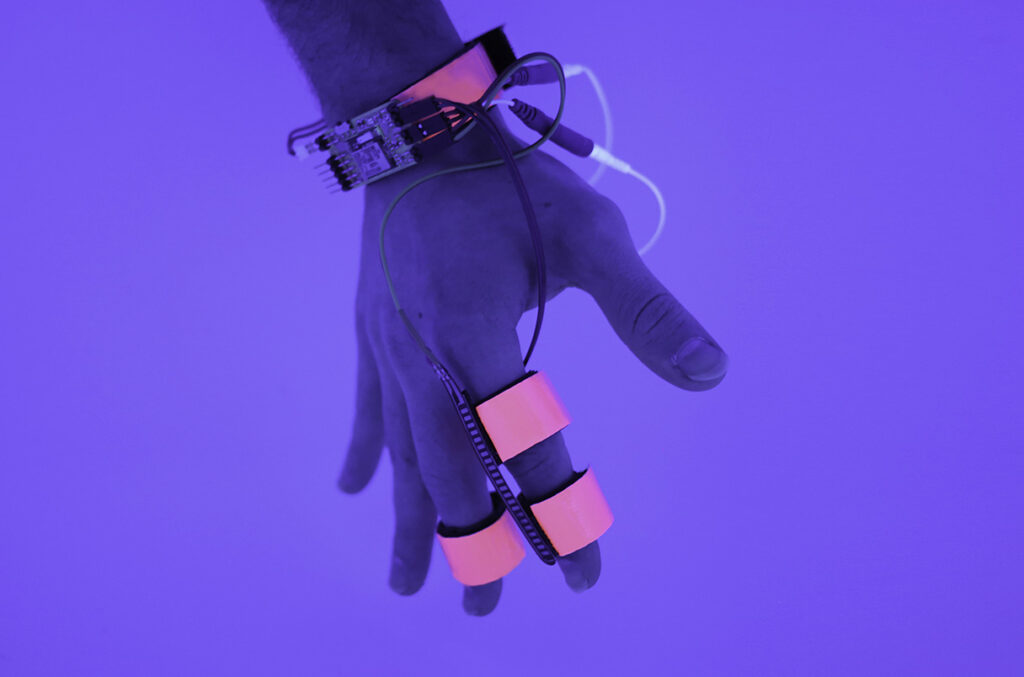Become Creative Storytellers By Dream Glove or use it to boosts creativity during sleep. This device can turns wearers into creative storytellers. Researchers used a glove that tracks sleep stages to guide napping volunteers to dream about trees.


To conduct the work, researchers invited 50 volunteers, mostly students and professors, to either stay awake or take a nap in a laboratory at the Massachusetts Institute of Technology (MIT). Those in the nap group laid down with an eye mask, while wearing a Dormio, a glovelike device with sensors that measure heart rate and muscle tone changes to track sleep stages. A computer linked to the device relayed audio cues to inspire the wearers to dream about specific subjects—a process called “targeted dream incubation.”
In the first set of experiments, the computer instructed the volunteers to close their eyes and relax. When they started to drift off, a recording told them to “think about trees.” The team then waited for the glove to detect that participants had entered the first stage of sleep, or “N1,” a semilucid state considered a creativity sweet spot. During this stage, we can still process information from the outside, but our mind is less constrained than when we are awake, and our thoughts flow uncontrolled. In N1, people experience short and vivid dreams that usually slip away unnoticed unless interrupted by awakening.
And that’s what the team did. After the volunteers had been in N1 for about 5 minutes, a second audio cue roused them from their nap by telling them to speak out loud what was on their minds. The recording then directed them to go back to sleep. This process was repeated several times over 45 minutes, waking the participants up to report their dreams and letting them sleep again.
All of the volunteers who used Dormio reported dreaming about trees: One remembered having arms made of old wood; another recalled being so big that he could “eat trees like finger food.”
Many participants who considered themselves “stuck and uncreative” were surprised at how inventive they could be in their dreams, says study co-author Adam Haar, a cognitive scientist at MIT. “Most people don’t know that there’s a piece of themselves that is biologically designed to be totally unstuck, but they’re forgetting it every night.”
Source: https://www.science.org/







